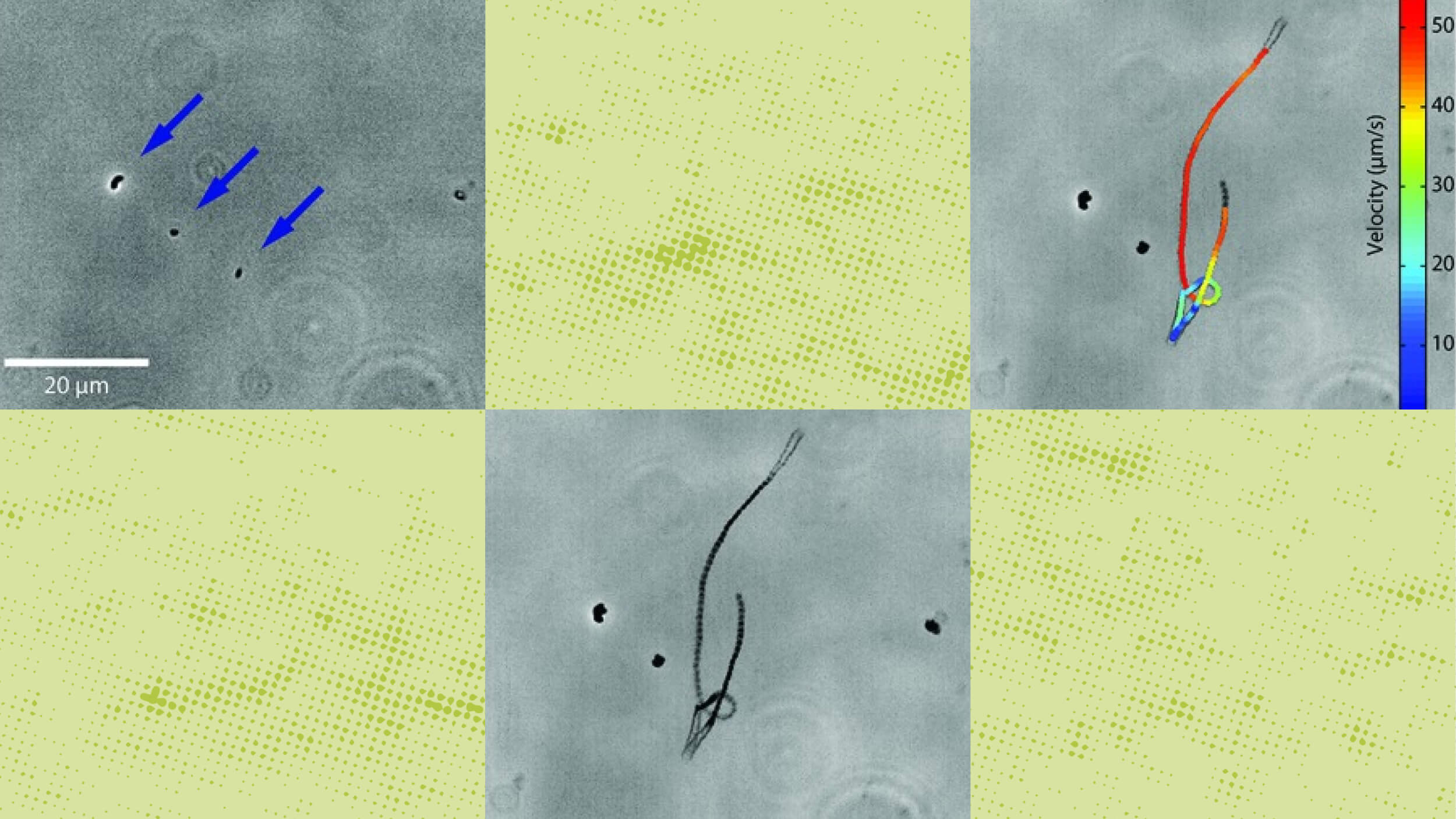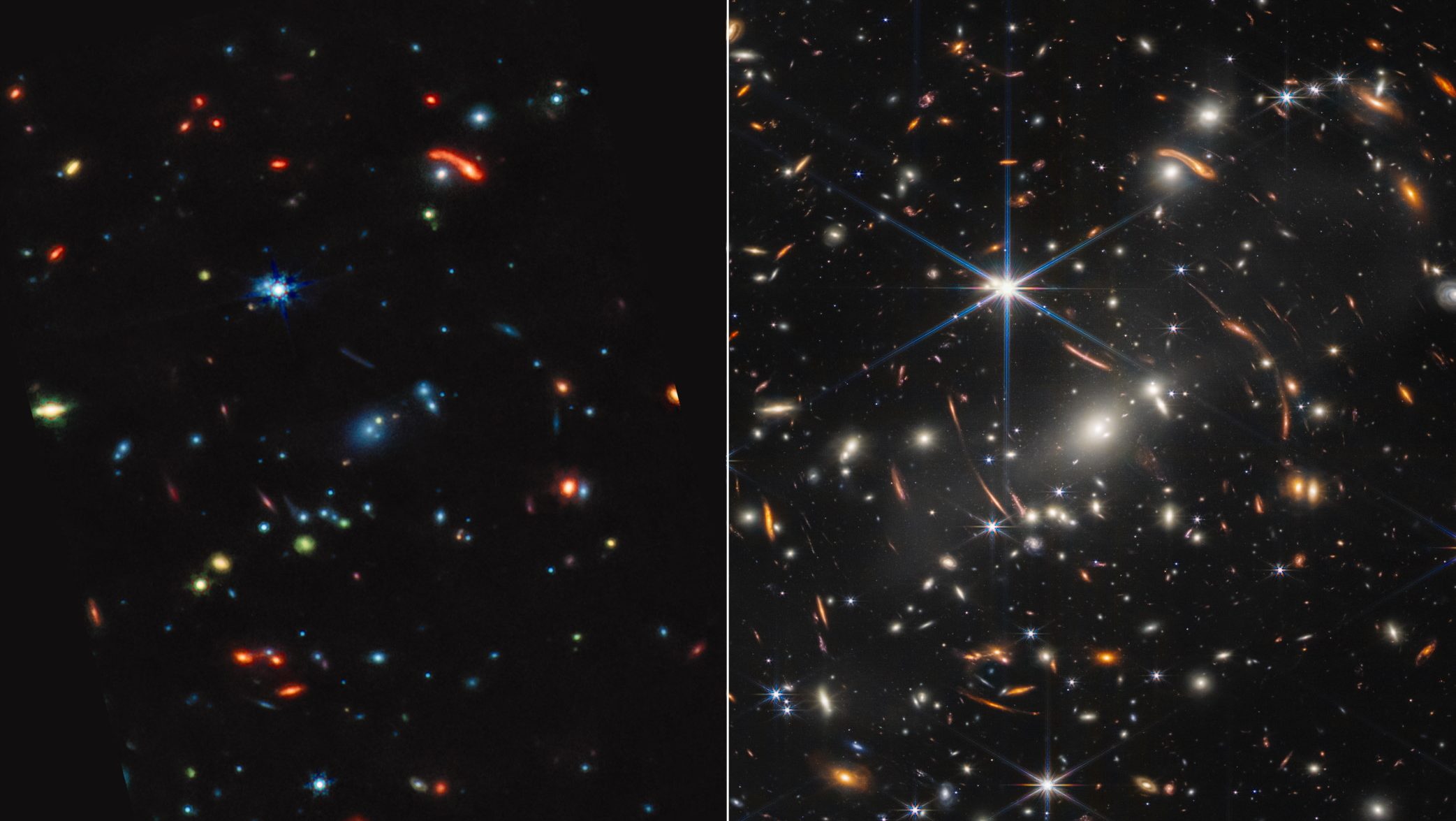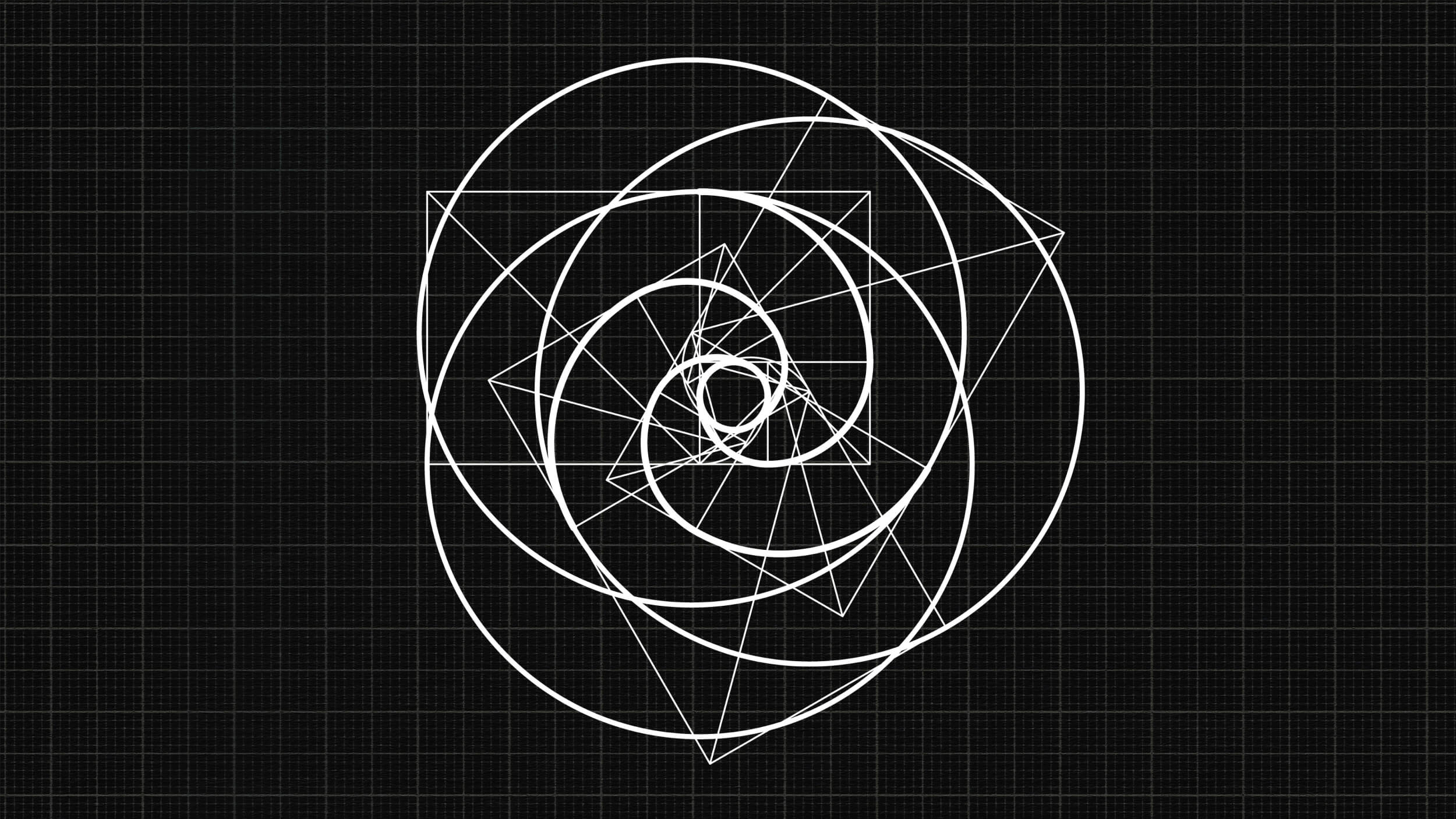Steve McIntosh is an author and leader in the field of the integral thought, which means he spends a lot of time thinking about the many different forms of spirituality. He sees three classifications for spirituality — the religious, the secular and the progressive — with each having their own important quirks and beauties. Scientology falls somewhere between secular and progressive, but on the darker end of the spectrum as far as spiritual expressions go.
How can we form the determination that scientology is a cult? First, the presence of the cult leader, a particularly strong personality who wants everyone else to conform. Second, the commercialization and business-like structure of the organization. Third, the ultimate evaluation of scientology’s “fruits” and the negative effects it has had on people’s’ lives.
Spirituality, according to McIntosh, is a personal affair. That said, we should be wary of negative expressions of spirituality so that people are not led astray in the “spiritual marketplace of ideas.”
McIntosh’s new book on spiritual experience is titled The Presence of the Infinite.
Steve McIntosh: Every form of spirituality we can identify — whether it’s traditional religious forms of spirituality, a kind of a materialistic, scientific worldview or progressive spirituality in all its many phases as in the last 50 years that have emerged within American culture and elsewhere — have both dignities and disasters, right. The spirituality brings out the best and the worst in humanity. And so every one of these major categories, the religious, the secular, and the progressive have very beautiful and important expressions. And they also have dark expressions which we do well to avoid. And I certainly feel that scientology is a dark expression of progressive spirituality or maybe even secular spirituality. It’s not really clear how to categorize it, but it is a cult and we see cults of all kinds. Whenever you’re dealing with something that’s ultimately true and real, people can go astray. They can be pulled into forms of organization which are diabolical. The signs of a cult include a particularly strong personality who wants everyone else to conform. It can include intense commercialization in which it seems more like a business than a form of spirituality. I think that the best way we can protect ourselves on the spiritual journey is by taking an integral view of spirituality. Seeing how spirituality evolves and seeing how it can become stuck, how it regresses. And so if we look at scientology, we can see that there’s a lot of negative fruits. A lot of lives have been ruined. A lot of falsehoods have been projected. And so using this test of their fruits we’d be able to determine right away that’s a kind of spirituality we would do well to avoid. Ultimately I think spirituality is a personal affair and while we can socialize our spirituality and being part of a spiritual group, spirituality in its essence is really about our own spiritual growth and our own experience of that which is beautiful, true and good. And so maintaining our prerogative as agents of evolution and as indeed agents of our own spiritual growth is one way we can protect ourselves from the ways that we can be led astray in the spiritual marketplace of ideas.





